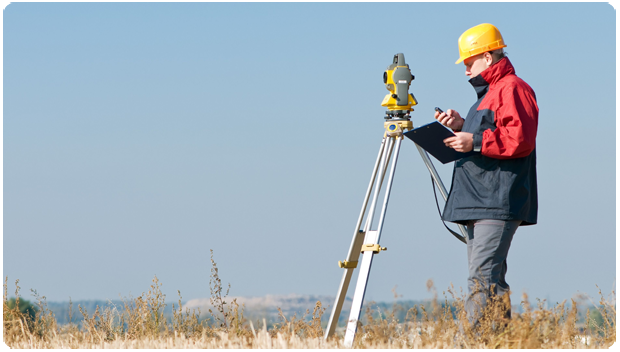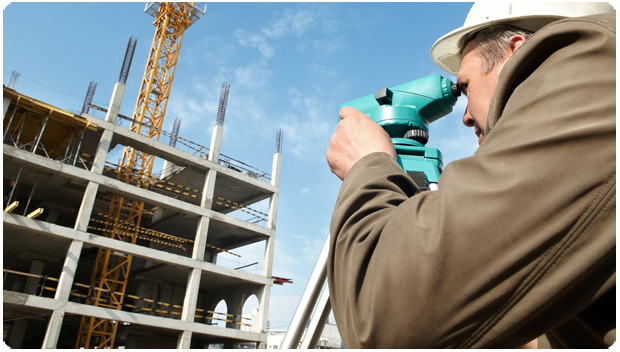One of the oldest fields in the profession of engineering, civil engineering is the planning, designing, operating, building, and maintaining public infrastructures like roads, bridges, dams, drainage systems, levees, and other big property developments. Civil engineering services are required as towns and cities become populated to provide the necessary facilities and utilities to make life for the residents easier and convenient.
A civil engineer is a professional who performs civil engineering projects, from planning and design to construction and maintenance of infrastructures. In certain instances, they can also manage the restoration of abandoned buildings and supervise the preparation of a construction site, like excavation, earth moving and grading for big construction projects. Moreover, civil engineers may review bids from subcontractors, make certain that the project is in compliance with the local building codes, and may carry out or write the specifications for destructive or nondestructive testing of the operation, dependability, and long-lasting stability of materials and structures.
Civil engineers give particular attention to engineering design details such as the technical aspects of the existing and natural built environment, the social and economic factors, and duration the estimated duration of the project. These engineers combine a number of services like land surveying and construction investigation to ensure that the client’s expectations will be met from start to finish.


